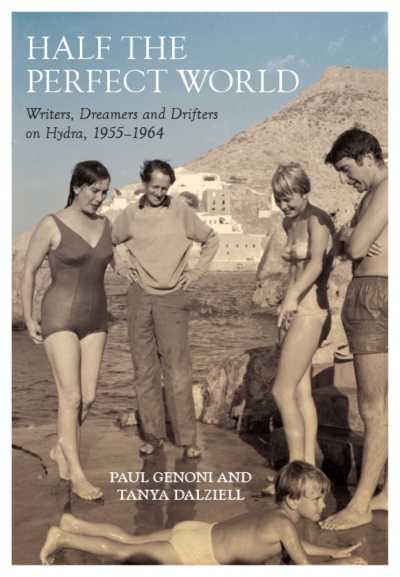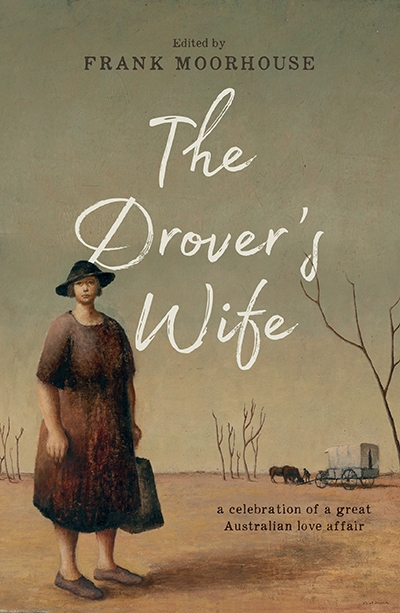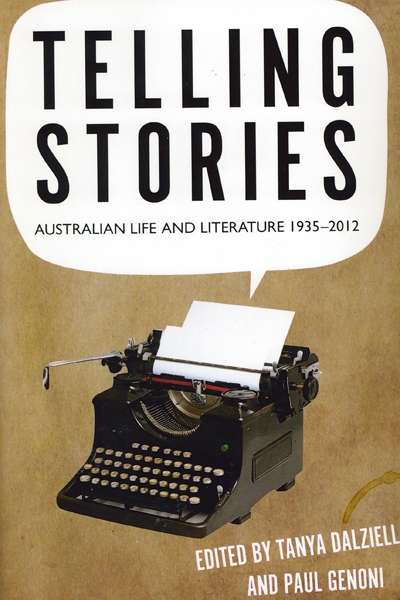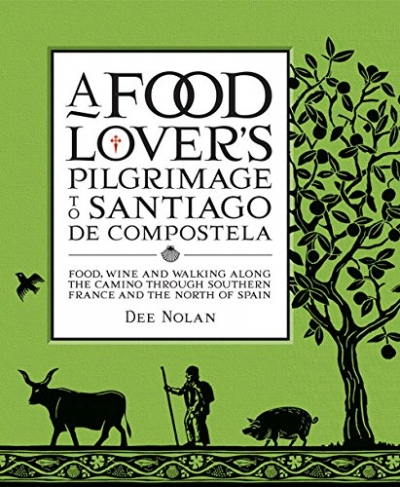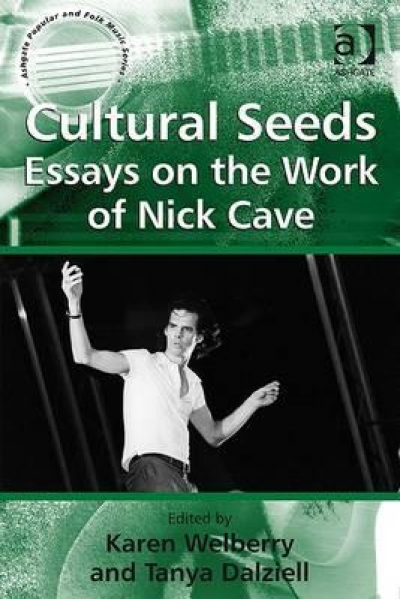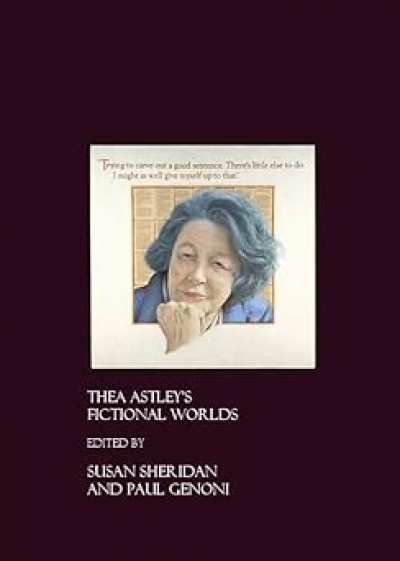Paul Genoni
Half the Perfect World: Writers, dreamers and drifters on Hydra, 1955–1964 by Paul Genoni and Tanya Dalziell
by Brian Matthews •
In late 1963, Rodney Hall – an aspiring but unpublished poet and novelist – travelled through Greece’s Saronic islands with his wife and their infant daughter. Shortly after ...
... (read more)Telling Stories: Australian Life and Literature 1935–2012 edited by Tanya Dalziell and Paul Genoni
by Susan Lever •
A Food Lover’s Pilgrimage to Santiago de Compostela by Dee Nolan (photography by Earl Carter)
by Paul Genoni •
Cultural Seeds: Essays on the work of Nick Cave edited by Karen Welberry and Tanya Dalziell
by Paul Genoni •
Thea Astley’s Fictional Worlds edited by Susan Sheridan and Paul Genoni
by Frances Devlin-Glass •

